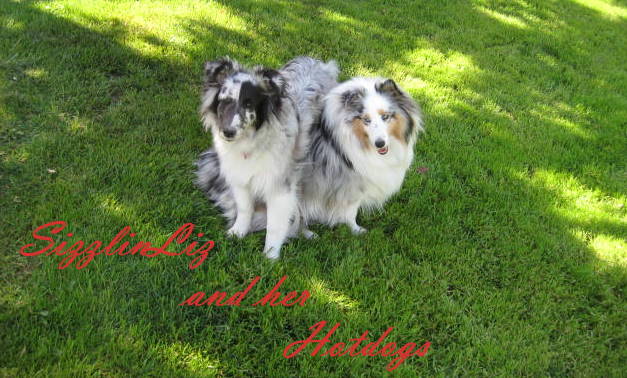Voting For Better Canine Health Care.....to vaccinate or not to vaccinate?

Earlier this month, there was an interesting conversation on our
Facebook site. A recent subscriber and new puppy owner had asked what to do about her puppy’s itchiness. The 11 week old puppy had been vaccinated by the breeder and, ten days later, the puppy was very itchy and the owner was feeling fairly apprehensive about the second set of vaccinations. I had replied to her that at 11 weeks, it was pretty likely that the puppy had responded to the vaccine and that she ought to run a titer. If the titer was positive, there would be no further need for vaccination.
The puppy owner took this information to her vet who then strongly insisted that puppies need every shot in their series (not true, it only takes one vaccine to work), and that even a positive titer would be useless because the puppy could still be at risk from ‘death’ within a year’s time (also not true because once a puppy shows a positive titer of any amount, he is very likely protected for life). The puppy buyer was told this was the most progressive and modern veterinary clinic in her area and she posted to our page that she was feeling disheartened.
It’s true that many vets don’t understand all that much about immunology and will use scare tactics to get puppy buyers to come around to their way of thinking. I don’t see that as a reason to feel disheartened however, I see that as an opportunity. It’s an opportunity to inform these vets that what they are doing is not only outside the guidelines of their veterinary association, but that it goes against every shred of research on vaccine effectiveness and duration of immunity. It’s an opportunity to let them know that their lack of understanding has cost them your business. Then you move on to a new vet. That may mean driving an hour or more away or using an excellent homeopathic vet via phone consult and letting him deal with your local vet. Either way, it’s putting your money where your mouth is.
It does no good to complain about what’s happening to our pets yet still support these vets financially. Paying them your hard earned money is akin to a vote of confidence and gives them every reason to keep on doing what they are doing. Nothing will change if we don’t stop supporting these practices.
The same goes for other members of the pet industry. When we attend dog training classes that require proof of unnecessary vaccination, not only are we voting for over-vaccination, we’re backing it with our money. When we vaccinate our dogs with bordetella before they go to the boarding kennel, simply because they request it, we are making a statement: that what they are asking is right.
We are all part of a movement away from damaging and suppressive disease management toward disease prevention through good health and nutrition. Some of us play a larger role in this while some of us play a smaller role simply by supporting the right vets or only purchasing products made from natural and ethical sources. It doesn’t matter how large a role we play as long as we play.
Make every decision regarding your pet’s health care count because you are part of a large and growing movement. Every decision you make will create a ripple, either pushing it forward or moving it backward. Don’t ever feel disheartened or that your voice won’t be heard; your voice will be heard, but you must be careful of what you are saying. Make sure you are supporting the right people and making the right decisions. We all play an important role in this movement, we grow it with our voices and we warm it with our hearts. That is how we will change the world. How will you make your voice heard?
http://www.dogsnaturallymagazine.com/voting-for-better-canine-health-care/#comments




